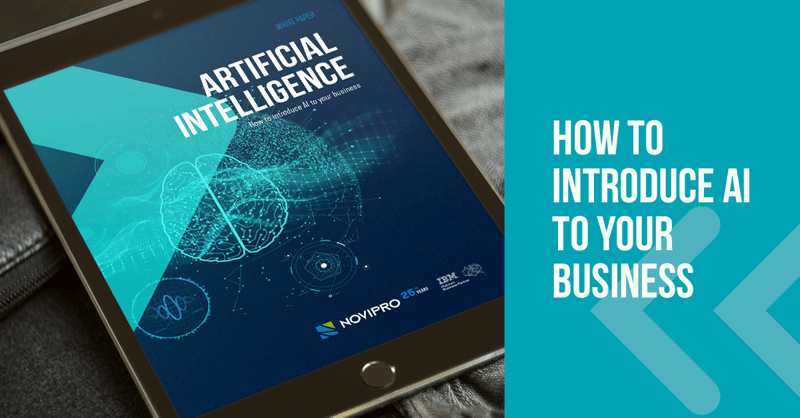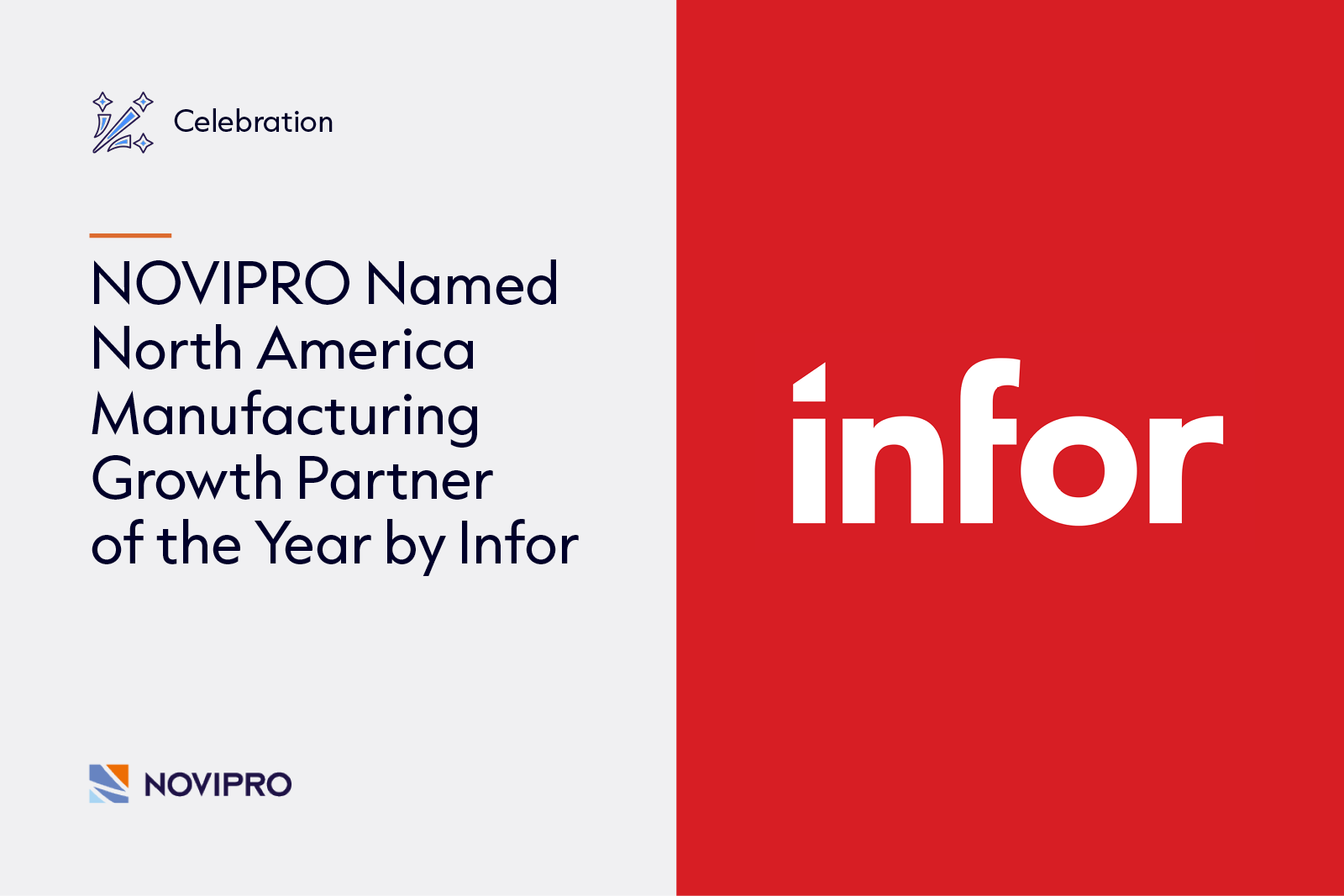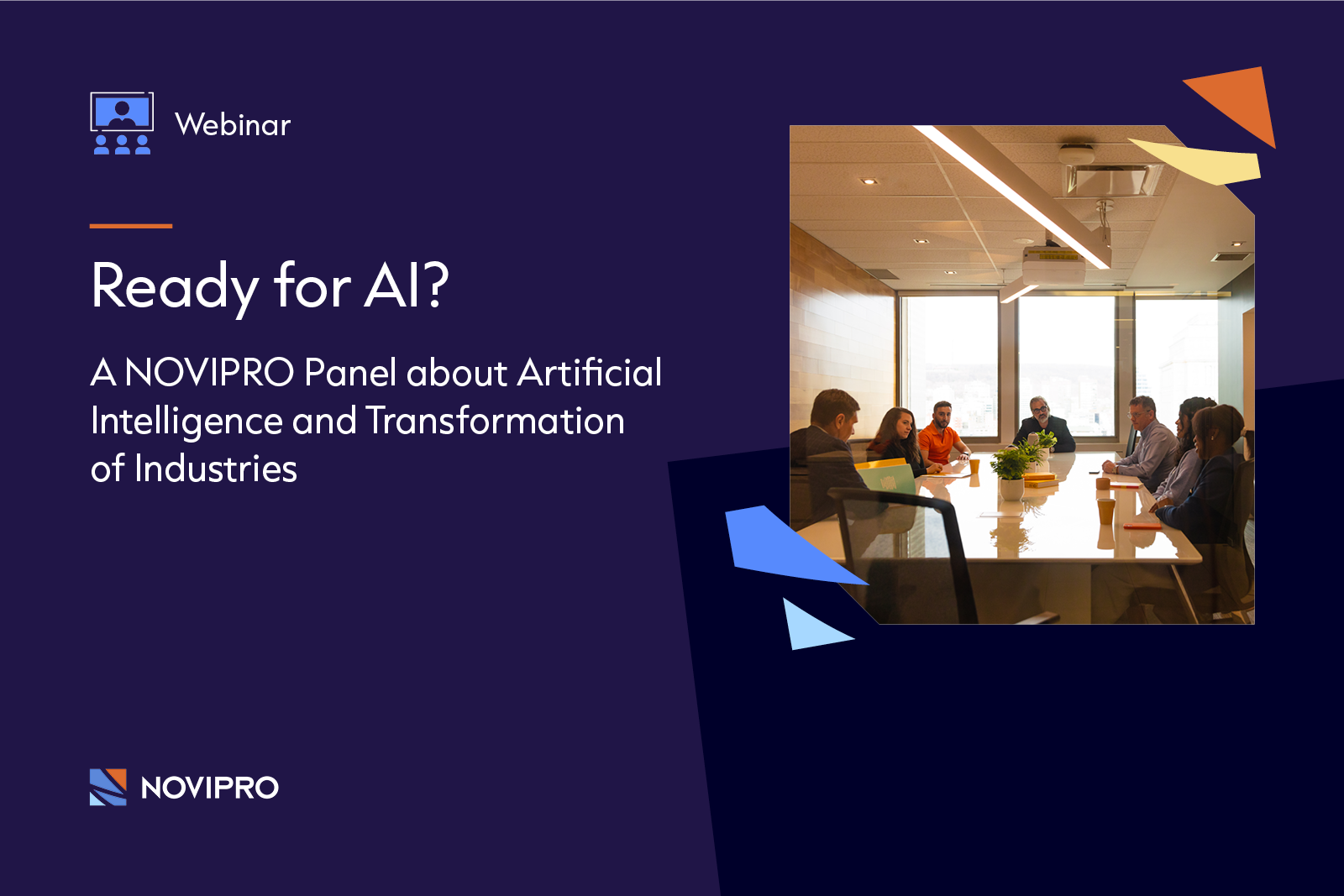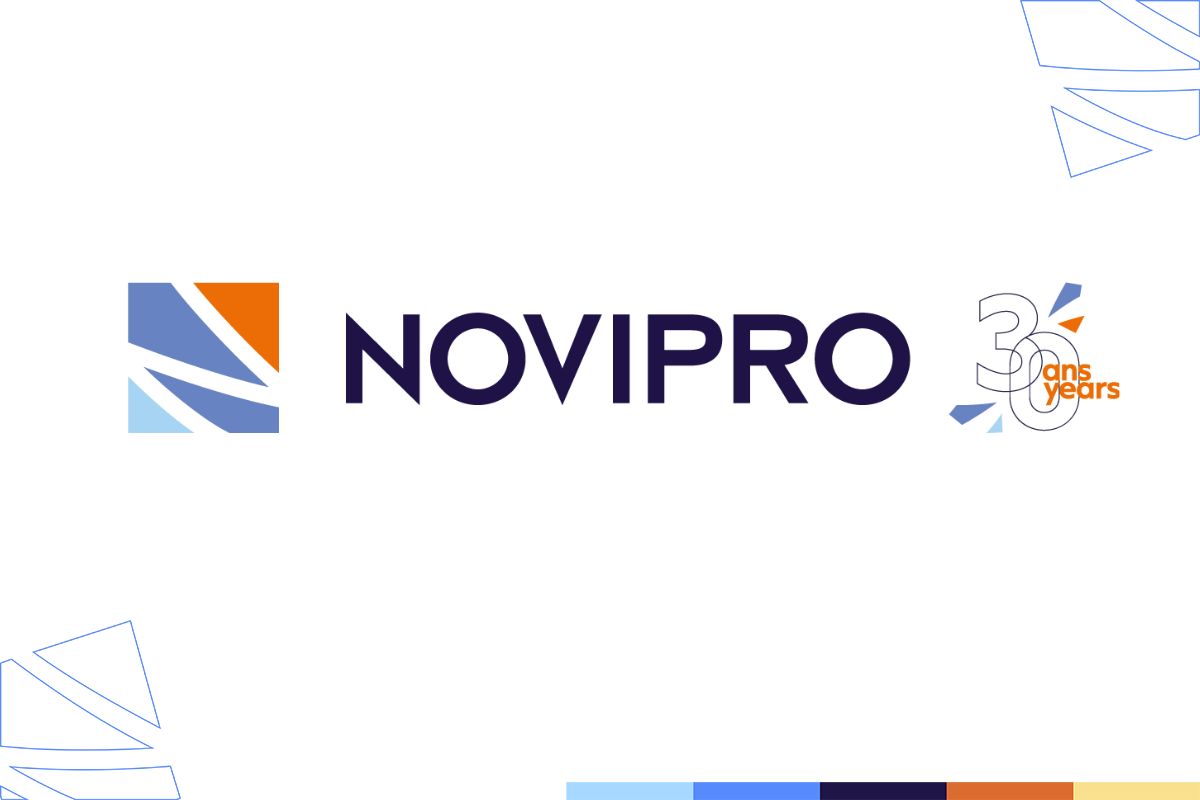Is artificial intelligence relevant for your company?
From articles to conferences, business leaders are being bombarded with information about artificial intelligence (AI). Many are afraid of missing the boat. They’re wondering if and how their business could benefit from AI. Should your business take the plunge now? Here are some helpful tips for determining whether AI is right for your business, along with three use cases to inspire you.
The starting point for an AI project should be a business objective: either solving a problem or jumping on a business opportunity. Of course, the problem should be one that AI can effectively address. Keep in mind that other proven data analysis techniques can also be effective, depending on your needs.
People often think of AI as a tool for performing complex calculations or designing a fully independent robot. However, those aren’t problems that most managers face on a daily basis.
And yet there are various examples of how AI can benefit businesses. Here are just a few:
- Automate processes
- Better predict equipment maintenance needs
- Identify the risks of technical problems, damage or threats faster
- Verify by observation whether a product meets certain requirements
- Analyze and file texts
- Use instant messaging to answer questions from potential customers and handle customer service requests
- Make a warehouse handling robot independent
- Help physicians make diagnoses
AI can also be useful in many other situations. The applications of AI are growing every day, particularly in sectors that don’t immediately seem like early adopters of new technologies, like the manufacturing, logistics, transportation and distribution industries.
In your business, you have probably already identified problems or opportunities that could potentially be addressed by AI. How do you know whether AI could help you to meet the objective you have in mind?
One important clue that could steer you toward an answer is the volume of data your business collects. If you already have a lot of data available, or if you can rapidly start collecting a large volume of data, chances are that AI can help you.
More precisely, if your business has already accumulated too much data for a human to analyze, an AI system could very well draw some useful conclusions from it—and fairly quickly.
Data availability is an essential prerequisite for implementing an AI system, but it’s not enough on its own. There already exists a wide range of tools and techniques to exploit data that don’t require AI resources: business intelligence (BI), analytics, data mining, etc. So how do we know whether AI offers added value?
AI gives businesses capabilities above and beyond those of analytical tools. For example, AI could help you:
1. Establish barely-visible correlations
Analytical tools work hard to answer your queries. In particular, they let you measure the correlation between two predetermined parameters.
But when you’re looking for the cause of a problem, you don’t know which factor is behind it. You have to navigate an ocean of data and cross your fingers that you’ll be able to identify the relevant parameter. To complicate matters, you might have to look for a combination of parameters, instead of just one, to explain the problem.
An AI system will be much better equipped than a human to perform this type of exploratory research and to uncover correlations that don’t seem obvious.
Let’s take the example of residential real estate. What factors have the most influence on the price of a house? Are they characteristics of the house itself—its size; the number of rooms and windows; whether or not it has a yard, a pool or a garage; the year it was built and the type of construction? Or rather are they characteristics of its physical environment—its location, proximity to various services and businesses? Or does the price depend more on changes in the real estate market as a whole, or macroeconomic factors like interest rates? Given how many factors could play a role, a very structured search for correlations using traditional analysis would be labour-intensive. An AI system would proceed differently to bring out the most important factors; and perhaps, by analyzing the interrelation among them, identify the true determining factor.
2. Automate decision-making
Opening a report, reading and understanding it, then pressing a button, adjusting a cursor or typing a command: there’s always a certain amount of time required for a human to access data, analyze it and make a decision.
An intelligent agent can dramatically shorten this time. With good training, an AI system can take over decision-making and commit fewer errors than a human.
For example, on an assembly line an AI system could make decisions about automatically rejecting defective products. It could also change the speed of the line, increasing or decreasing the pace until it reaches the optimum speed based on data captured all along the line.
3. Move toward real-time analysis
Even though traditional data analysis algorithms have been optimized, this analysis is always sequential: we analyze a set of data corresponding to a period of time; then we start over for the next period.
Using AI is a way of going beyond this notion of sequence to get closer to real-time data analysis. The results of this type of analysis allow for immediate adjustments that truly optimize processes. Only AI provides an opportunity for real-time optimization, because a human being will always require a certain amount of response time before he or she can act.
These three use cases can give you an idea of how AI could benefit your organization. They can help you explore the relevance of using AI to attain your business objectives.
Have you considered using AI in your business? To see how AI could help your business—even if it’s not in the tech field—read the free white paper Artificial Intelligence: How to introduce AI to your business.








